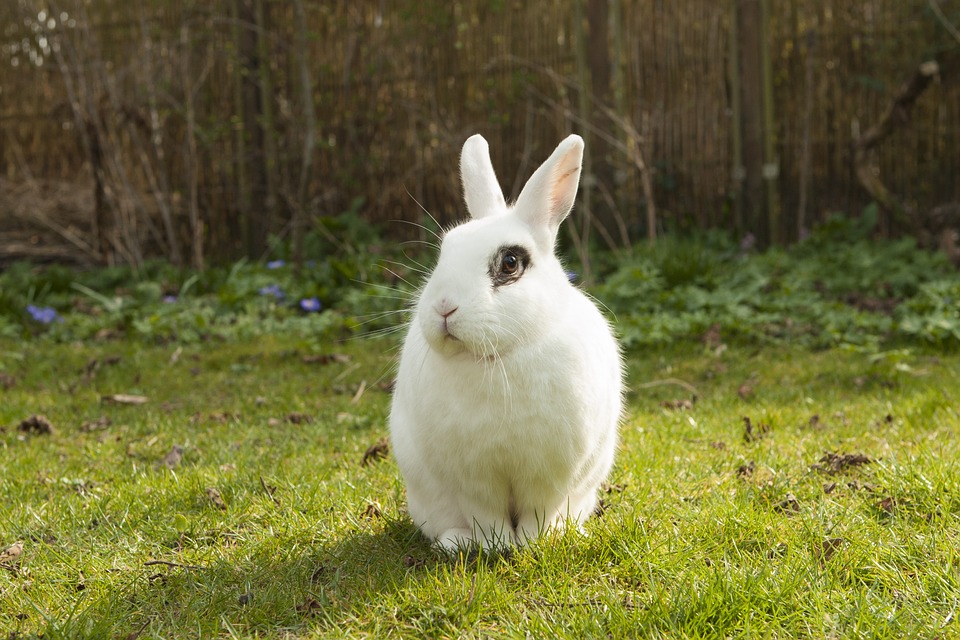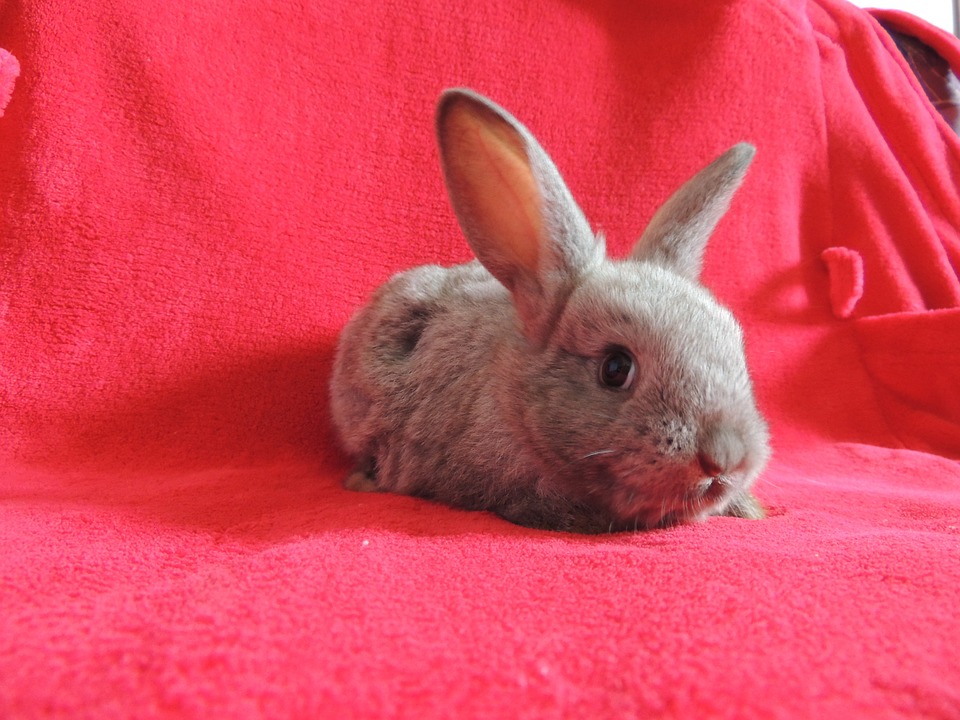This comprehensive article explores the suitability of mustard greens for rabbits, examining their nutritional benefits and potential risks. We'll delve into the nuances of rabbit nutrition, providing a clear understanding of how these greens fit into a balanced diet and offering practical advice for safe feeding.
Part 1: Understanding Rabbit Nutrition - The Foundation for Health

1.1 The Crucial Role of Fibre
Rabbits are hindgut fermenters, meaning they rely heavily on fibre for a healthy digestive system. Hay, such as Timothy hay or meadow hay, should make up the bulk of their diet, providing essential roughage for proper digestion and dental wear.
1.2 The Importance of Fresh Greens
While hay forms the base, fresh greens are a vital source of vitamins, minerals, and antioxidants. They provide a variety of essential nutrients not found in hay alone, contributing to overall health and well-being.
1.3 Pellet Food: A Supplement, Not a Substitute
Pellet food can be used as a supplementary source of nutrients, particularly for young rabbits or those with specific dietary needs. However, it should be offered in moderation, as it's lower in fibre than hay and can contribute to weight gain if overfed.
Part 2: Mustard Greens: A Closer Look

2.1 Nutritional Powerhouse: Benefits for Rabbits
Mustard greens belong to the Brassica family, known for their nutritional richness. They are a particularly good source of:
- Vitamin K: Essential for blood clotting and bone health, important for growing rabbits.
- Vitamin A: Supports vision, skin health, and a strong immune system.
- Calcium: Crucial for strong bones and teeth, especially important for growing rabbits and pregnant females.
- Iron: Plays a key role in red blood cell production, ensuring adequate oxygen transport throughout the body.
- Fibre: Promotes healthy digestion and helps maintain a healthy gut microbiome.
2.2 Potential Drawbacks: Understanding the Risks
While nutritious, mustard greens also contain compounds that can pose potential risks, although in generally low amounts:
- Goitrogens: These compounds interfere with thyroid function. The levels in mustard greens are typically low, but it's still wise to offer them in moderation.
- Oxalates: These bind to calcium in the gut, potentially leading to calcium deficiency. While the amount in mustard greens is relatively low, it's best to be mindful of this.
- Gas and Bloating: Like other leafy greens, mustard greens can cause gas and bloating if consumed in excess. This is particularly true if your rabbit is not accustomed to them.
Part 3: Can Rabbits Eat Mustard Greens? The Answer is…Moderation
3.1 Introducing New Greens Gradually
It's essential to introduce new foods, including mustard greens, gradually. This allows your rabbit's digestive system to adapt, minimizing the risk of digestive upset.
3.2 Start Small: A Small Handful a Couple of Times a Week
A good starting point is a small handful of chopped mustard greens, offered no more than two times a week. This approach allows you to monitor for any adverse reactions.
3.3 Monitoring for Signs of Digestive Issues
Observe your rabbit closely after introducing mustard greens. Watch for signs of digestive upset like diarrhoea, gas, bloating, loss of appetite, or lethargy. If you notice any of these, stop offering mustard greens and consult your vet.
Part 4: Alternatives to Mustard Greens: A Variety of Safe Choices
4.1 Safe and Nutritious Greens: Expanding Your Rabbit's Diet
There are many safe and nutritious green options for rabbits:
- Romaine lettuce: Low in oxalates and a good source of Vitamin A, a good starting point for introducing new greens.
- Spinach: High in vitamin K and iron, but should be given in moderation due to its oxalate content.
- Parsley: A good source of vitamin C and iron, can be offered as a treat in small amounts.
- Cilantro: Rich in vitamin K and vitamin C, but should be introduced gradually and in moderation.
- Dandelion greens: A good source of vitamin A, vitamin C, and calcium. Be sure to harvest them from a pesticide-free area.
- Arugula: Rich in vitamin K, vitamin A, and calcium.
- Kale: High in vitamin K, vitamin A, and calcium, but should be offered sparingly due to its oxalate content.
4.2 Greens to Avoid: Protecting Your Rabbit from Harm
Some greens are toxic to rabbits and should be avoided completely:
- Iceberg lettuce: Offers little nutritional value and can cause diarrhoea.
- Rhubarb: Contains oxalates, which can be harmful to rabbits.
- Avocado: Contains persin, a toxin that is fatal to rabbits.
- Onions and garlic: Can cause gastrointestinal upset and even blood disorders.
Part 5: Washing and Preparing Greens: Ensuring Safety
5.1 Thorough Washing: Removing Harmful Residues
Always wash greens thoroughly before feeding them to your rabbit. Use cold running water to remove dirt, pesticide residues, and other potential contaminants.
5.2 Removing Stems and Wilted Leaves: Quality Control
Remove any stems or leaves that appear damaged or wilted. These can be harder to digest and may contain higher levels of potentially harmful compounds.
5.3 Chopping Greens: Enhancing Digestibility
Chopping greens into smaller pieces makes them easier for your rabbit to eat and digest. It can also help prevent them from choking on larger pieces.
Part 6: Understanding Your Rabbit's Individual Needs
6.1 Age and Size: Factors to Consider
Younger rabbits have higher nutritional requirements, while older rabbits may have more sensitive digestive systems. Adjust the type and amount of greens offered based on your rabbit's age and size.
6.2 Individual Preferences: Catering to Your Rabbit's Taste
Rabbits have individual preferences, so introduce new greens gradually and observe your rabbit's reaction. Some may readily accept new greens, while others may be more hesitant.
6.3 Consult Your Veterinarian: Personalized Dietary Advice
If you have any concerns about your rabbit's diet, consult your veterinarian. They can provide personalized advice based on your rabbit's specific needs and health condition.
Part 7: FAQs: Common Questions Answered
7.1 Can I give my rabbit cooked mustard greens?
No, it's not recommended to give cooked mustard greens to rabbits. Cooking destroys some of the nutrients and can make them harder to digest.
7.2 How often can I give my rabbit mustard greens?
A small handful a couple of times a week is a safe starting point. Monitor your rabbit for any digestive issues and adjust the frequency accordingly.
7.3 Can I give my rabbit mustard seeds?
No, mustard seeds are toxic to rabbits and should be avoided completely.
7.4 Are mustard greens safe for pregnant or nursing rabbits?
It's best to err on the side of caution and avoid mustard greens for pregnant or nursing rabbits. Consult your veterinarian for advice on appropriate dietary modifications during these stages.
7.5 What other vegetables can I give my rabbit?
Rabbits can enjoy a variety of vegetables in moderation, including carrots, bell peppers, broccoli, zucchini, and leafy greens like romaine lettuce, spinach, and parsley. Always introduce new vegetables gradually and monitor for any adverse reactions.
7.6 Can I give my rabbit commercial rabbit treats?
Commercial rabbit treats can be offered in small amounts, but they should not replace fresh greens and hay. Choose treats that are low in sugar and fat, and offer them as occasional rewards.
7.7 How can I tell if my rabbit is getting enough fibre?
A healthy rabbit will have firm, round droppings. If your rabbit's droppings are soft or watery, they may not be getting enough fibre. Consult your veterinarian if you have concerns.
Everyone is watching
-

Do Rabbits Lay Eggs? (The Surprising Truth)
OTHER TYPES OF PETSThis article will unravel the common misconception that rabbits lay eggs, exploring the fascinating world of r...
-

Can Rabbits Eat Grapes? A Guide to Safe Rabbit Treats
OTHER TYPES OF PETSThis comprehensive guide will explore the safety and suitability of grapes for rabbits, providing detailed inf...
-

What's a Group of Rabbits Called? (A Comprehensive Guide)
OTHER TYPES OF PETSThis article delves into the fascinating world of rabbits, exploring the various terms used to describe a grou...
-

Predators That Hunt Rabbits: A Guide to Natural Enemies
OTHER TYPES OF PETSI've always been fascinated by the circle of life, that delicate dance between predator and prey. Growing up ...
-

Are Rabbits Nocturnal Animals?
OTHER TYPES OF PETSThe question of whether rabbits are nocturnal animals is a fascinating one, with a surprisingly complex answer...
